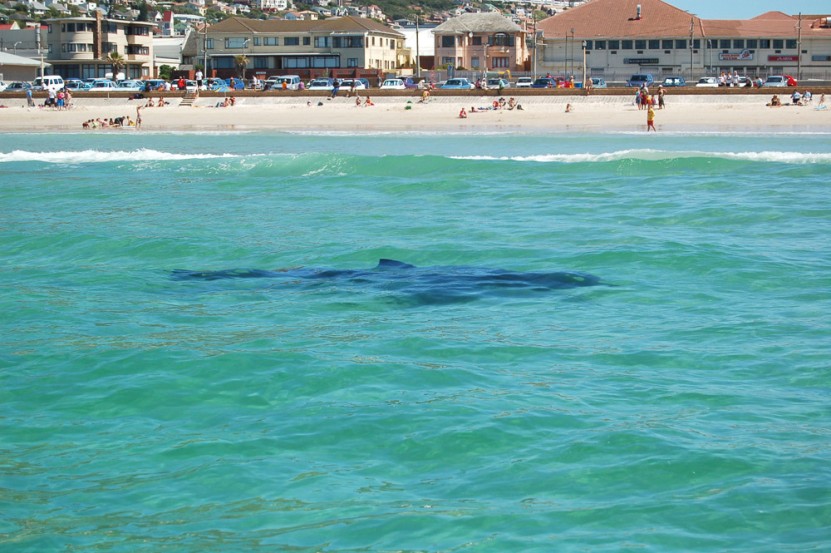An interesting article I stumbled upon “WHY DO WHITE SHARKS BITE PEOPLE?”

I came across an interesting article recently posted on the website: Save Our Seas, entitled “WHY DO WHITE SHARKS BITE PEOPLE?” The first thing that caught my eye was the photo of The Great White Shark lurking very near the bathers and water users on my home beach Muizenberg (please note It is copyright by Enrico Gennari / © Alison Kock) For once a nice rational look at White Shark behaviour, highlighting Human Animal Conflict in a non-sensationalistic way. Whilst shooting some interviews for Shark Central (I am currently running a crowdfunding campaign on Indiegogo to complete the video production - please back it), by leading Scientists and Marine specialists, they came up with very similar comments based on their research: to quote the article: “There are a number of reasons why a white shark might “attack” a person, although these seem less like attacks and a lot more like accidents. Especially when most of the incidents tend to be non-fatal.
Some researchers believe that in the initial bite a shark can detect the calorific value of its potential prey, informing the shark through the ratio of fat to bone or muscle whether its mouthful is worth eating or not. This could explain why in many cases the white shark has bitten lightly and let go, as the initial contact with its taste buds sends clear signals that a human is not prey, particularly if the swimmer or surfer is wearing a wetsuit. It is extremely rare that a white shark bites a human and continues feeding. Most of these incidents involve bites of minimal force and this could account for why there are so many more non-fatal shark “accidents” than fatal ones.”
This is very true, but the factor that has raised concern in False Bay is the increase in completely savage attacks, The White Shark consumes the victim, leaving nothing but a pool of blood and an item of their swimwear; a red bathing cap in the case of Tyna Webb. This change in behaviour is what needs looking at.
Read the full article posted on Save Our Seas here:



